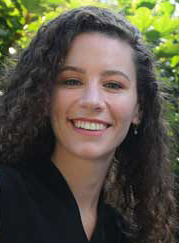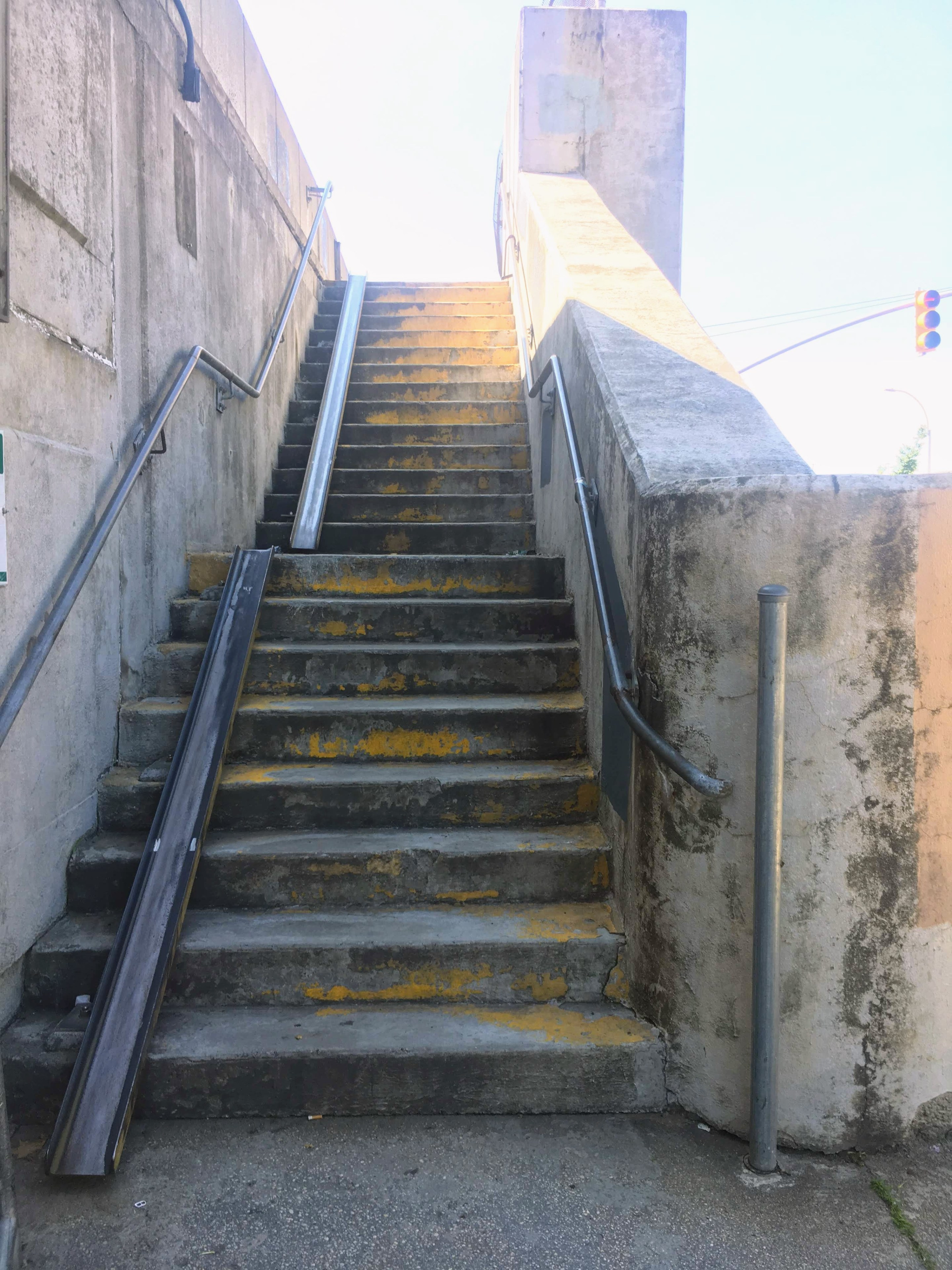
When I was 22, I was pushed on the subway and my leg was crushed between the train and the platform. The accident left me with a painful, degenerative nerve syndrome in my leg that will affect me for the rest of my life. I became one of over one million adults that live with a disability in New York City.
Despite the reality that over one million New Yorkers identify as having a disability, we face systemic and structural barriers that exclude us from our local communities. As of right now, less than 25 percent of the public transit system is accessible, making it impossible for millions of New Yorkers to get around. Once you start paying attention, you will notice that much of our public transportation and public spaces lack adequate access for those with disabilities. We notice every single day.
When it comes to politics, New Yorkers with disabilities tend to be an afterthought. We are discriminated against, overlooked, marginalized, and forgotten in our daily lives, and that same treatment extends into the political arena.
That’s why I am running for City Council. As a candidate, I am dedicated to implementing policies to improve access and inclusion to all New Yorkers, especially those who are often, if not always, neglected.
This has devastating impacts for our community. If public transportation is not accessible, we can’t get to work. If public spaces are not accessible, we cannot enjoy them.
Inaccessibility is not just an inconvenience, it's a system of segregation.
In order to push towards a more inclusive city, we need a more accessible transportation system. My full accessibility plan, Disability Justice: An Accessibility & Inclusion Overhaul for New York City, outlines a transformative approach to our transit system and public spaces that would, for the first time, make New York City a national model for disability justice and accessibility.
We need to make every subway station and method of public transportation fully accessible and ADA-compliant. We must expand the number of disabled parking spots and permits to make travel easy and comfortable for the people disenfranchised from our inaccessible public transit system. For those taking public translation to get around, we need to ensure they are being welcomed and acknowledged through the addition of more benches, bus-shelters, and increasing affordable transportation options like Access-A-Ride.
On our local streets, crosswalks need to be safe for New Yorkers who are blind, low-sight, deaf, and hard of hearing New Yorkers. Our infrastructure needs to implement smooth, safe sidewalks for a wheelchair user and other mobility aids. When it comes to storm response, the City needs to expedite any clean-up for accessible transit services, bus stops, crosswalks, curb cuts, and sidewalks to make sure people are able to safely move about their community and city.
These are a few of the highlights of my policy recommendations that can be found in the larger policy, and I hope you take a moment to read it in full.
But, beyond policy, this is also a matter of representation. I am running to make sure people with disabilities are not only a topic of conversation, but a part of the conversation.
It matters that we elect people who have first-hand experience of New York City’s failure to adequately address these issues for our community. It matters that people with disabilities get to be a part of legislating the changes for which we have been fighting for for generations.
The status quo of inaccessibility must be done away with immediately.
I will revolutionize how we approach public transportation and accommodations. I won’t stop fighting until we make widespread accessibility inclusive and fair for all citizens with disabilities.
I have said time and time again that this is our city, too. This plan lays out a path to make that a reality.
Rebecca Lamorte is a candidate for the Fifth Council District, which covers the Upper East Side of Manhattan. Follow her on Twitter at @rebeccalamorte. Learn more about her campaign here. Streetsblog does not endorse candidates; Lamorte's editorial is merely presented to further the discourse on an important issue.






